The Maryland Zoo is happy to announce that two male cheetah (Acinonyx jubatus), have arrived from the San Diego Wildlife Safari Park to take up residence in the African Journey section of the Zoo. Refu (Ray-fu) and Wgasa (Wa-gasa) were born at the San Diego Safari Park in July 2014, and are named for historical locations within that park. “We are very happy to welcome these two cheetah to the Zoo,” said Mike McClure, general curator at the Zoo. “They are young and healthy, and definitely have a good bond with one another.”
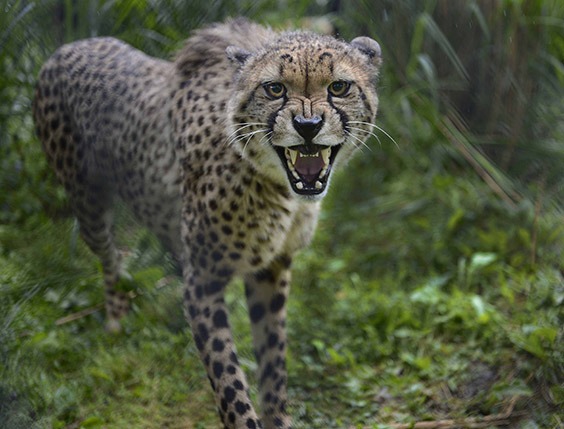
The cheetah have recently finished their mandatory quarantine and are now being introduced to their exhibit and night quarters. “As standard protocol, we quarantine animals at the Zoo hospital for the first 30 days after their arrival,” continued McClure. “They passed all their veterinary exams with flying colors, so we are excited to have them outside exploring and meeting our guests.”
Refu and Wgasa moved to The Maryland Zoo at the recommendation of the Association of Zoos & Aquariums (AZA) Cheetah Species Survival Plan (SSP). The Cheetah SSP is a committee of individuals who work in accredited zoos and are experts in cheetah husbandry, training and conservation.
Cheetah, the world’s fastest land mammal, are also the most endangered cat in Africa. Historically native to Africa and Asia from South Africa to India, cheetah can now only be found in parts of eastern, central and southwestern Africa, as well as a small portion of Iran. Cheetah are facing extinction due to habitat loss, the illegal wildlife trade and human-wildlife conflict. “North American zoos that have cheetah work cooperatively on research and conservation on behalf of these cats,” said McClure. “Educating people is critical, not only here but also in Africa. If local people in Africa come to see the cheetah as an asset in terms of promoting ecotourism, they will move forward into the next generation eager to save this magnificent cat and safeguard its future.” The Maryland Zoo in Baltimore has partnered with Cheetah Conservation Fund for many years to support conservation efforts in the wild.

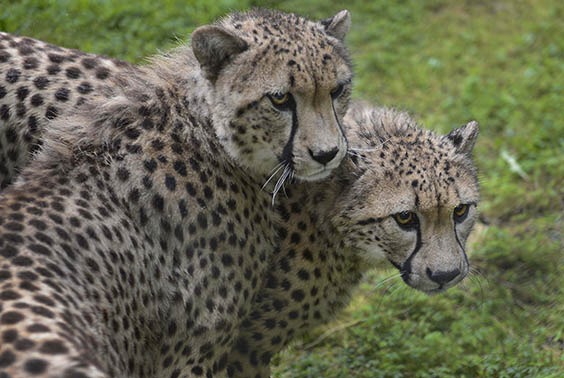
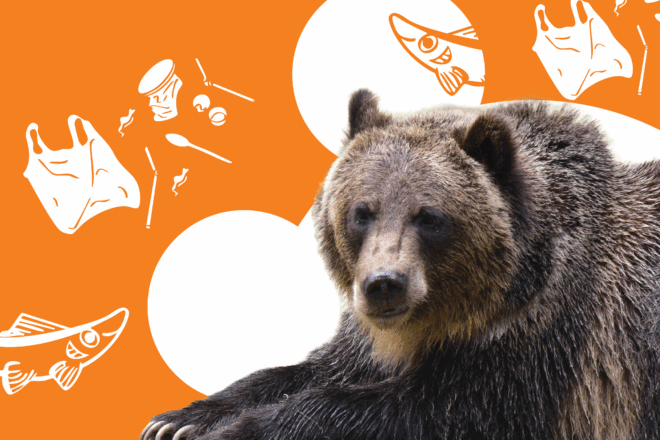
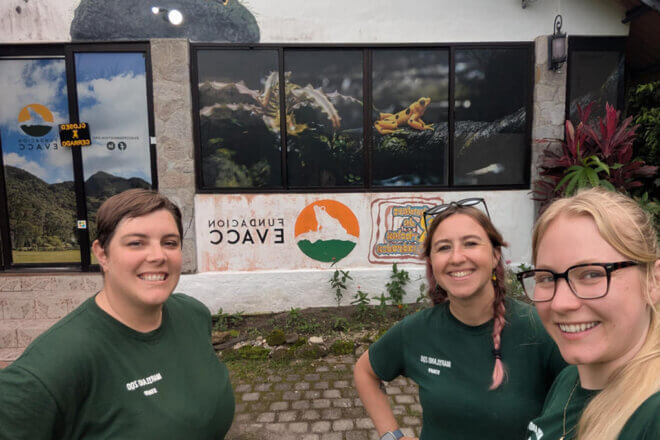
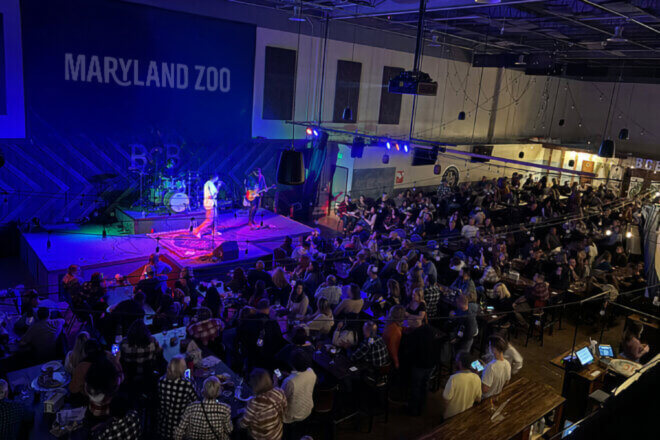
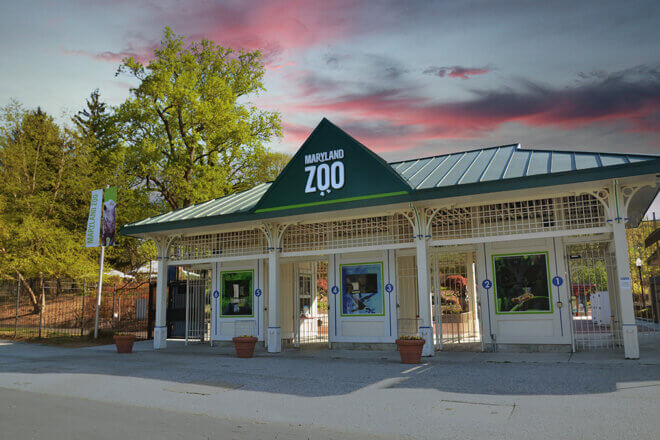
Share this article